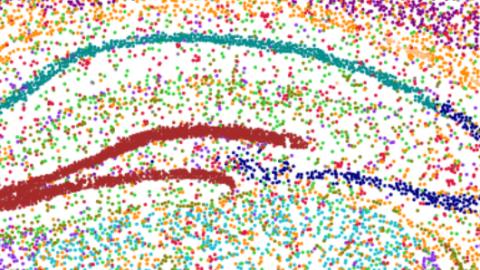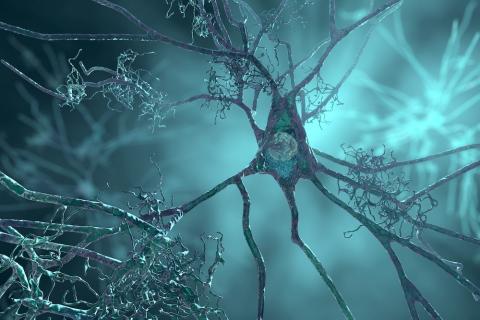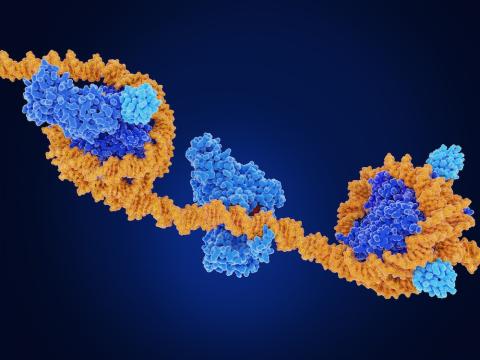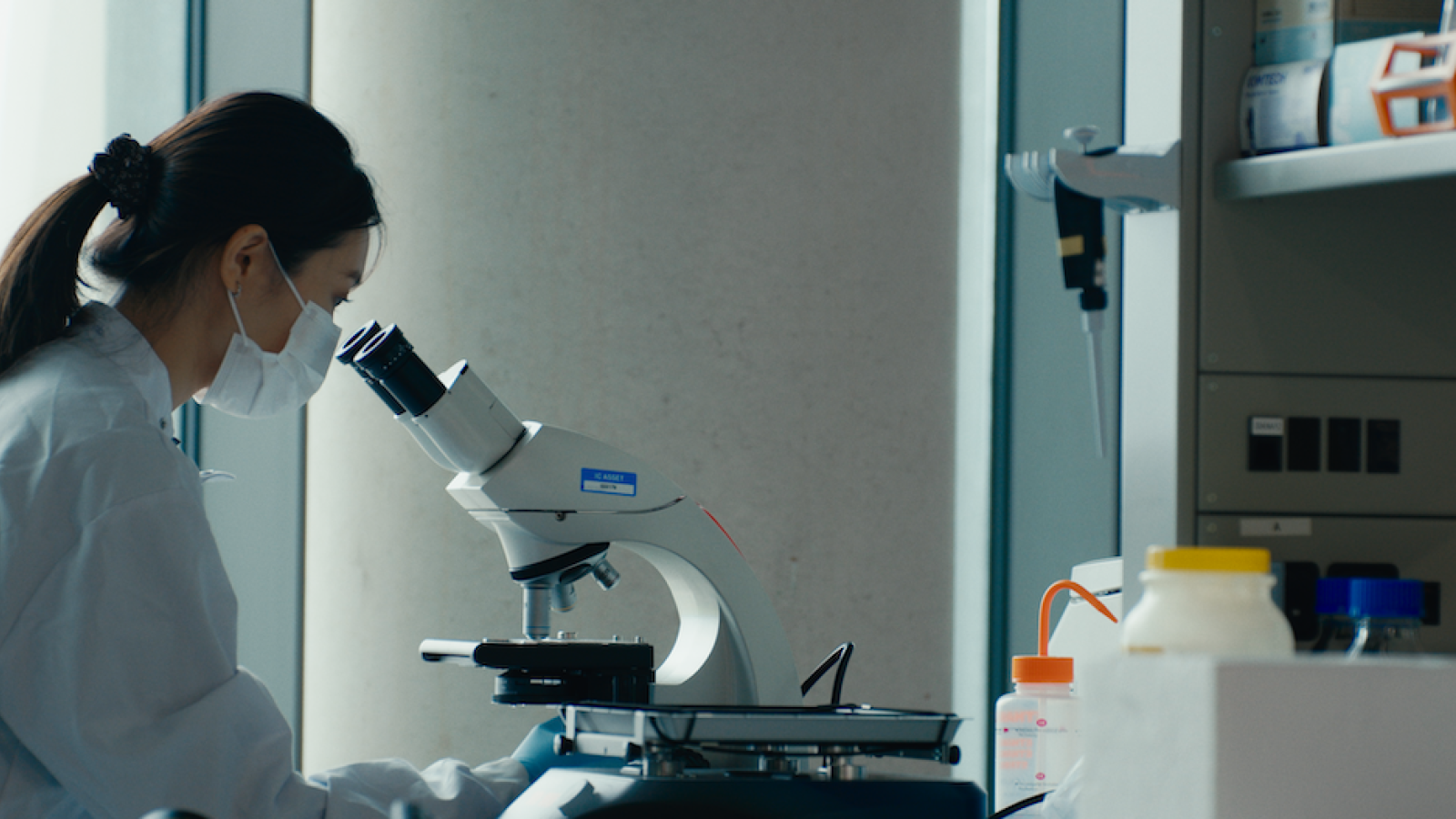The highly interdisciplinary team at the UK DRI at Imperial are working to understand the earliest stages of Alzheimer’s and other dementia-causing diseases, to create new approaches for prevention and treatment. The researchers at this Centre view the ageing brain in the context of the ageing body – aiming to integrate evidence from population studies through to an understanding of neural circuits, aspects of cellular neurobiology and mechanisms controlling modifiable patterns of gene expression.
Most of the major advances in the understanding of dementia thus far have been drawn from the discovery of genetic determinants of susceptibility. However, these are only part of the picture when it comes to the expression of disease. An additional major component is related to the effects of influences arising from - or acting via - the whole body: co-morbid systemic diseases, the environment and lifestyle. The UK DRI at Imperial addresses Alzheimer's and other dementias as systemic diseases. In an increasingly sub-specialised clinical and research world, this unique approach challenges more typical research strategies.
The Centre is built around four investigative themes:
- Neuroinflammation
- Circadian Neurobiology
- Metabolomics and Microbiome
- Microcircuits and Brain Systems
The team consists of internationally leading researchers in areas such as metabolomics, the microbiome and molecular neuroepidemiology. They have developed, or contributed to, large population studies that provide access to the detailed linkage of the genetic and detailed clinical and lifestyle data of people before they develop dementia. Others in the Centre have expertise in circadian neurobiology, which promises to discover novel mechanisms by which altered sleep patterns enhance neuronal stress and accelerate neurodegeneration. Outputs from these programmes together will be focused on how brain microcircuits become dysfunctional in the early disease and how their associated neuronal systems can be therapeutically modulated bioelectronically.
Neurons firing from the Barnes Lab, UK DRI at Imperial
The Multi 'omics Atlas Project
Launched in March 2020, the Multi-‘omics Atlas Project (MAP) is a £2M Directors’ initiative led by UK DRI at Imperial, which aims to create an ‘atlas’ of the brain at different stages of Alzheimer’s disease. It is the first time that UK brain tissue resources have been coordinated on such a scale to study Alzheimer’s disease pathology at every stage of the illness, and is set to rapidly improve our understanding of the processes that lead to people developing the illness.
Find out more on the MAP Project Page
Labs






